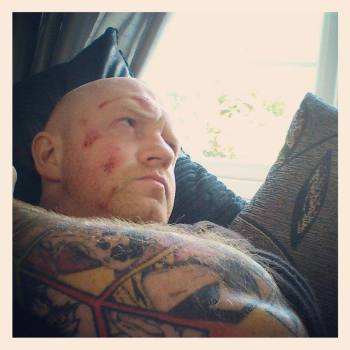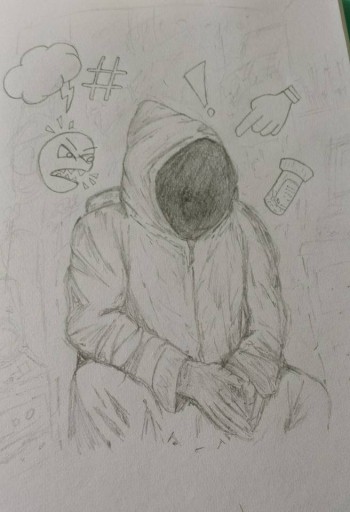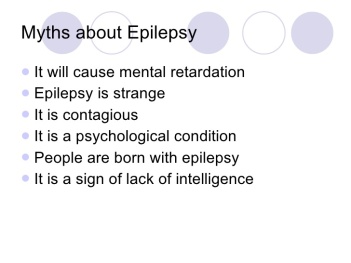If I’m completely open and honest, one of the most difficult aspects of coping with epilepsy hasn’t been the condition itself; it has been finding out what people think of the condition. You would think, in today’s modern society, conditions such as epilepsy would be well understood or discussed openly.
Of course, that has frequently been an assumption I’ve gotten wrong.

It seems that any sort of hidden illness seems to court a “don’t speak, don’t tell” attitude. My own experiences of this have often been, after disclosing that I was someone with epilepsy, everyone I spoke to knew someone who also had it – or had grown up with it, seen someone have a seizure, etc – but had no clue how to deal with it. I was also branded almost immediately as an ‘epileptic’ – a label that many saw defined all of my characteristics, what I capable of and the fact that I probably should have been walking round the village with a bell tied around my neck!
When I was initially diagnosed, my friendship group shrank dramatically. I once overheard a conversation describing me as having “flashing lights disease.” Interestingly, most of the branding I received (and this is REALLY important to remember) is born out of ignorance of the condition.

Obviously, being labeled did get me down. I found myself going to job interviews and not disclosing the condition after failing three interviews prior to this. While the reason I failed to get the job was never discussed with me, it was quite obvious epilepsy had played a big part in this.
The best thing I found to do was to start informing myself first. If you know a lot about your condition, your support, your recovery techniques and your triggers, you can wear it as a suit of armour in the event of any adverse discrimination you might face. People won’t handle you with kid gloves if you don’t allow them to. I have written my own protocols on how best to support me in the event of seizure and how best to help my recovery. I’ve found that if you’re prepared to answer questions about your own unique condition, it helps break down a lot of walls.

I’ve also been sure not to acknowledge myself as an ‘epileptic.’ To do this is to give power to the condition, to make it define who you are. I am Rob Richardson, father of three, married, worked in social care management for over 12 years, currently loving life at Yorkshire Wildlife Park and an amateur artist – who also has epilepsy. See how different that sounds to I am Rob Richardson, an epileptic. There are so many other things that make you the person you are, epilepsy is far from being that.
It did mean I had to look at my friendship group again. But that’s fine. People who judge you based on the fact that you have seizures aren’t worth your time anyway. People who really care, who don’t feel burdened by you, will stay around regardless. Let the other fall by the wayside – you don’t need them.

Finding help with my art therapy group also helped my confidence again a lot. In that setting, no condition matter because everyone had one and everyone wanted to prove that they were more than just another label. We all refused to allow it to define us.
It’s hard to fight against stigma but it can definitely be done. Stay informed and stay positive. People will always judge you – just make sure you don’t end up judging yourself for something out of your control.


